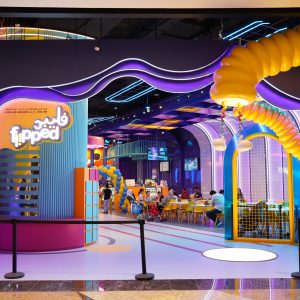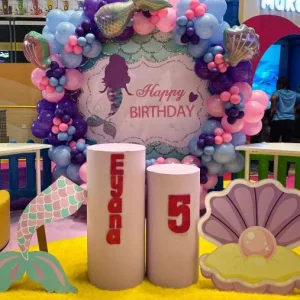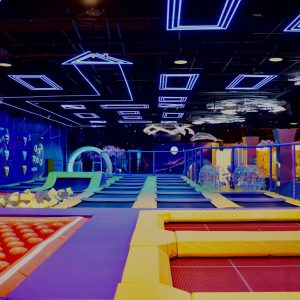A child standing at a toy checkout counter or stirring a pot in a play kitchen might look like they’re just having fun. But if you look closer, you’ll see something bigger happening. These playful setups are not just about keeping kids entertained they’re about teaching them how the world works. Mini supermarkets and kitchens turn everyday routines like shopping and cooking into learning experiences children can explore on their own terms.
So why are they so effective? Because they take real-world activities and shrink them down to a child’s size, creating the perfect space for discovery, imagination, and growth.
Learning Through Imagination
One of the biggest reasons mini supermarkets and kitchens are great for learning is the way they ignite imagination. Children don’t just see plastic vegetables or toy shelves they see opportunities to build a story.
Maybe today they’re a chef running a restaurant. Tomorrow, they’re a customer picking out fruits at the supermarket. This type of imaginative play helps them think creatively, build stories, and express themselves freely. It’s the foundation of problem-solving and innovation later in life.
Roleplay Teaches Responsibility
Another reason these setups are powerful is that they introduce kids to roles and responsibilities in a safe and playful way. When a child takes on the role of a shopkeeper, they start to understand what it means to organize items, manage transactions, and serve customers.
In a kitchen role, they learn the sequence of preparing food, serving it, and cleaning up afterward. These small experiences mirror adult responsibilities and give children a chance to practice them in a stress-free environment.
Social Skills Grow Naturally
Mini supermarkets and kitchens also create opportunities for children to interact. Whether they’re playing with siblings, cousins, or friends, they have to take turns, share items, and sometimes negotiate over who gets to be the cashier or chef.
This back-and-forth develops important social skills: patience, teamwork, and the ability to communicate clearly. Over time, kids learn that successful play depends on cooperation, just like real life depends on working together.
Also Read: How to Choose a Safe and Hygienic Adventure Park for Your Family in the UAE
Language Becomes Stronger
Another way children learn through these play setups is by expanding their vocabulary. In the supermarket, they practice words like “money,” “change,” and “receipt.” In the kitchen, they use terms like “bake,” “stir,” and “serve.”
By repeating these words in context, they understand not only how to say them but also when to use them. This natural learning environment makes language development smoother and more engaging.
Practical Lessons About Everyday Life
Beyond imagination and language, mini supermarkets and kitchens teach real-world concepts that children will use for the rest of their lives.
- Money and counting: Pretend shopping teaches the basics of numbers and transactions.
- Healthy eating: Sorting play food gives them an early awareness of food groups and choices.
- Routines: Cooking, cleaning, and shopping introduce the rhythms of daily life.
Through play, kids gain practical lessons that textbooks often can’t teach at an early age.
Fine Motor and Problem-Solving Skills
Even the smallest actions in roleplay build important abilities. Carrying a basket, stacking boxes, or stirring food develops fine motor skills and hand-eye coordination. At the same time, children face little challenges how to organize items on shelves, what to do when two people want the same role, or how to “cook” with limited ingredients.
These tiny problems encourage them to think critically and come up with solutions, building confidence in their problem-solving abilities.
A Mini World With Big Learning
The reason mini supermarkets and kitchens are so great for learning is simple: they combine fun with education in the most natural way possible. Children don’t feel like they’re being taught they feel like they’re playing. Yet, at the same time, they’re picking up lessons about communication, responsibility, and everyday life. It’s a reminder that learning doesn’t always happen at a desk. Sometimes, it happens when a child “shops” for groceries with toy coins or “cooks” dinner with plastic food.
Closing Thought
Mini supermarkets and kitchens are not just toys. They are little worlds where children practice imagination, build social skills, and learn life lessons without even realizing it. That’s why they’re so powerful because the best kind of learning always feels like play.







